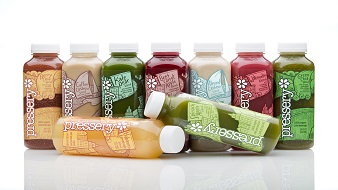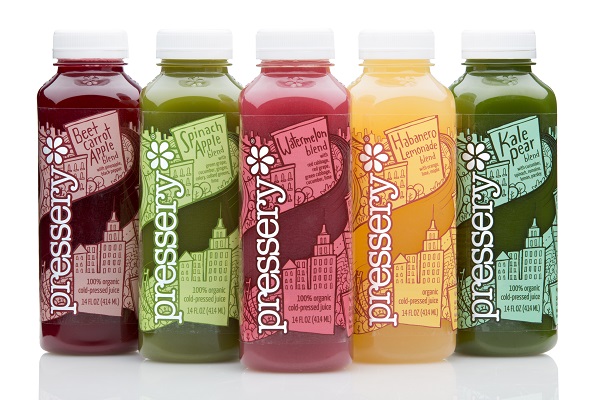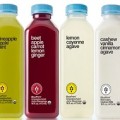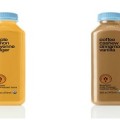
Benefits of Juicing + Q&A with Founder of Denver’s Pressery
Cities like New York and Los Angeles seem to have a cold-pressed juice shop on every corner, and now the trend is quickly growing popular in Denver. Ian Lee, founder of Boulder-based Pressery, was the first Colorado juice company to secure a spot on the shelves at Whole Foods. He credits his success to bringing the convenience of on-the-go juices to Colorado, and to his unique juice blends made with locally sourced and organic fruits and vegetables whenever possible. His goal was to create delicious beverages that people would crave as a healthy indulgence. I chatted with Ian about how he came up with the idea and to learn more about the benefits of juicing,
1. How did the idea of Pressery come to be?
We were juicing at home, and our kids loved it. So many of our friends and family also juiced – and those lucky enough to live in NY, LA, SF, Miami, etc., had great access to fresh made bottled juice (without the cleanup) much more easily than we did in Colorado. We understood the value and health benefits of juicing, of getting your fruits and vegetables. We also understood the value of being able to grab a bottle of healthy juice to go without the time spent shopping, juicing, and cleaning your home juicer. Fast food can be good for you, and healthy food can taste great. So we did the research, tested formulas, and found great resources that enabled us to create organic juice blends that were fresh, unique, local and taste great. We launched at the local farmer’s markets last April and sold out of juice in only 2 hours on our first day.
2. Where can people in the Denver area find the juices?
Whole Foods Cherry Creek, Pura Vida, Fooducopia, Tea Bar by Teatulia, Samahadi Yoga, Amerigo, Masterpiece Deli – Lohi and Uptown
3. What is cold pressed and how is it different from Centrifugal Juicers?
Cold pressing is a two-step process that extracts juice by first crushing and then pressing fruit and vegetables for the highest juice yield. Cold pressed juicers don’t produce heat, keeping more of the nutrients intact from the fresh ingredients. What’s left after all the juice is extracted from the fruits and vegetables (including all their vitamins and minerals) is a cardboard-like disc of fiber. Cold pressed juices are more translucent, refreshing, and easy to digest, and have 3-5x the nutrients you’d get using any other juicing process.
Home juicers are typically centrifugal juicers. A centrifugal juicer uses a blade to grind up the fruits and vegetables, pushing the extracted juice through a strainer that spins at a very high rpm (similar to your washing machine on the spin cycle). The remaining pulp is released into an attached container (in pulp ejecting versions). As the grinder blade spins at high speeds, it produces heat. This heat oxidizes and separates nutrients naturally found in the whole fruits and vegetables, rendering those nutrients less pure in its new juice form. With a centrifugal juicer, there’s more waste (the remaining pulp tends to be fairly soggy with wasted juice) and less actual juice is usually extracted (which means you have to use a lot more produce to get a decent amount of juice).
In a nutshell, cold pressed juice is the better juice alternative because it:
Has less oxidation
Contains more nutrients (3-5x)
Stays fresher longer than other types of juicing due to limited exposure to air
Provides the most juice with least amount of waste
4. What have been some of the biggest challenges in starting the business?
The cold pressed juice market is a relatively new one, and it’s growing very quickly. Every detail matters, since we are in part helping shape the face of this emerging industry. Our key focus has been to ensure that we’re providing our customers with the best tasting juice, using the freshest organic produce available.
5. What are some of the biggest opportunities?
We’re amazed by the support we’ve gotten from the community – our customers, businesses and other entrepreneurs. And by launching our products at farmer’s markets we found ourselves with direct access to our consumer’s perspective. We invited and received invaluable customer feedback, which we continually use to enhance our blends, create new ones, and identify opportunities for partnerships and strategic alignments.












